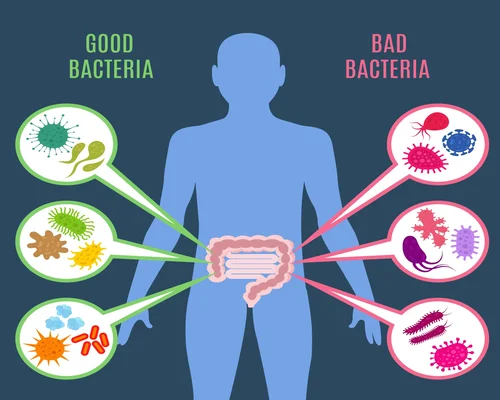
Which is the healthiest fish?
Which is the healthiest fish?
There are several factors to consider when determining the healthiest fish, such as the amount of omega-3 fatty acids, the presence of protein, vitamins and minerals, and low levels of mercury. Here are some fish that are considered the healthiest:
1. Salmon:
Why healthy:
High in omega-3 fatty acids, which prevent heart disease.
Excellent source of protein and vitamin D.
Contains the antioxidant astaxanthin, which is beneficial for the skin.
Best type: Wild salmon is the healthiest.
2. Sardines:
Why healthy:
High in calcium, vitamin D, and omega-3.
Due to its small size, it is very low in mercury.
Specially beneficial for bone health.
3. Mackerel:
Why healthy:
It contains omega-3 and vitamin B12, which are good for the heart and brain.
Mackerel is a small and oily fish, so it is easy to digest and nutritious.
Caution: King Mackerel can be high in mercury, so choose the smaller species (Atlantic Mackerel).
4. Trout:
Why healthy:
A high source of omega-3 fatty acids and protein.
Lake Trout is lower in fat than salmon and is readily available.
5. Herring:
Why healthy:
It is an affordable source of protein and omega-3.
It is very high in vitamin D.
Improves brain function.
6. Hilsa:
Why healthy:
It is a popular fish in Bangladesh and contains a lot of omega-3 fatty acids.
It plays a special role in preventing heart disease.
7. Tuna:
Why it is healthy:
Tuna is an excellent source of protein and is low in calories.
Fresh tuna is high in omega-3s.
Warning: Eating too much tuna can be a risk factor for mercury, especially canned tuna.
8. Pomfret:
Why it is healthy:
It contains protein, vitamin B, and selenium.
It is a light and easily digestible fish.
9. Arctic Char:
Why it is healthy:
It is as nutritious as salmon and trout.
It is popular because of its mild flavor.
Conclusion:
Salmon, sardines, and hilsa are among the healthiest fish. They are high in omega-3 fatty acids, protein, and vitamins and low in mercury. Including these fish in your daily diet can help protect against heart disease, improve brain function, and maintain good overall health.




-vegetable.webp)






















